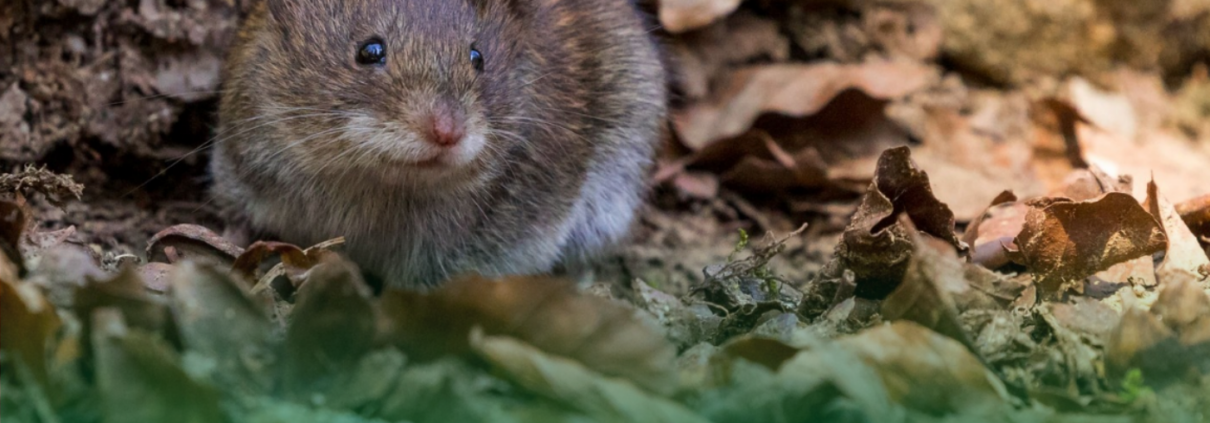When considering household pests, mice often come to mind. These small creatures can be found in various environments, thriving in both rural and urban areas. But what exactly classifies a mouse? Are these creatures considered rodents, or do they belong to a different classification altogether?
This blog post aims to shed light on the true nature of mice and their place within the animal kingdom, emphasizing the importance of effective rodent control measures.

What Defines a Rodent?
Rodents are mammals characterized by a single pair of continuously growing incisors in both their upper and lower jaws. This unique dental feature is essential for gnawing, a common behavior seen in this group of animals. Rodents use their sharp teeth to break into food sources, defend themselves, and modify their habitat.
The Diversity of Rodents
This category of mammals is incredibly diverse, encompassing a wide range of species. From the tiny field mouse to the larger capybaras, rodents have adapted to almost every terrestrial habitat on Earth. Their ability to survive in various environments has made them one of the most populous mammal orders.
Are Mice Considered Rodents?
Characteristics of Mice
Mice, with their compact bodies, sharp incisors, and long tails, exhibit all the hallmark features of rodents. They are small, typically weighing between 0.5 to 1 ounce, and have a body length of 3 to 4 inches, not including their tail. Mice are known for their rapid reproduction rate and can live in close proximity to humans, often leading to conflicts.
Mice Within the Rodent Family
Indeed, mice are classified as rodents. They belong to the family Muridae, which is the largest family of mammals, comprising nearly two-fifths of all mammalian species. This categorization places them firmly within the rodent order, alongside rats, squirrels, guinea pigs, and hamsters.
The Importance of Rodent Control
Health Risks Associated with Rodents
Rodents, including mice, can pose significant health risks to humans. They are carriers of various diseases, such as hantavirus, leptospirosis, and salmonellosis. Moreover, their tendency to invade homes and contaminate food sources makes effective rodent control an essential measure for ensuring public health and safety.
Strategies for Effective Rodent Control
Effective rodent control involves a combination of preventative measures and active removal techniques. Sealing entry points, maintaining clean living spaces, and using traps and baits can significantly reduce the likelihood of rodent infestations. Professional pest control services can offer tailored solutions for severe or persistent problems, ensuring that homes and businesses remain rodent-free.
Understanding Mice: Their Role in the Rodent Family and Impact on Human Health
Mice indeed belong to the rodent family, sharing common characteristics and behaviors with other members of this diverse mammalian order. Their presence in human environments poses significant health risks, underscoring the need for effective measures to control their populations and minimize their impact on our lives.
At Humane Wildlife Control Specialists, we tackle the challenges of rodent and mice infestations with expert, humane solutions. Our approach ensures a safe, healthy environment for you and your family. Whether it’s an urgent infestation or you’re looking for preventative measures, our team offers customized strategies to meet your needs.
Don’t let rodents disrupt your peace of mind. Contact Humane Wildlife Control Specialists today for professional assistance in keeping your home or business rodent-free.



